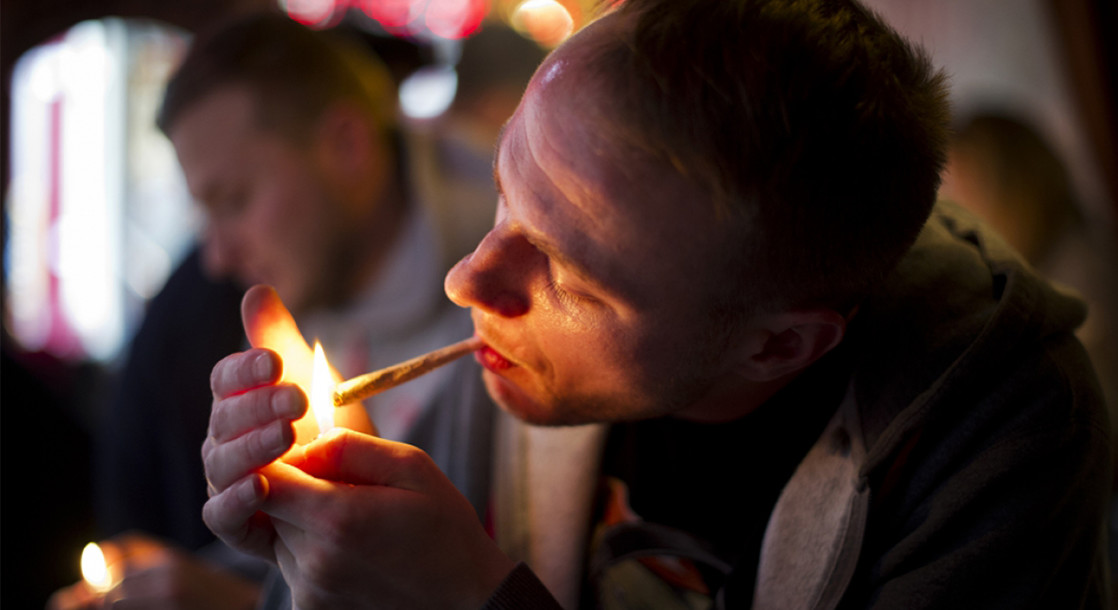A newly released study suggests that access to legal cannabis could have a negative impact on the grades of college students.
The city of Maastricht, located in the southern part of the Netherlands, decided to disallow non-citizens from legally buying marijuana at local cannabis cafes. Since Maastricht is close to the border of Belgium, France, and Germany, lawmakers ultimately decided to put a stop to the drug tourism that was growing in their town. However, this rule change also created unique circumstances for college students studying at the Maastricht University, leaving foreign residents unable to lawfully purchase pot.
And so, two economists named Olivier Marie and Ulf Zölitz decided to conduct a study on the new rift created between Dutch and international students. The duo observed over 4,000 students and discovered that non-citizens who lost access to legal marijuana showed a substantial improvement in their grades.
Ultimately, the research team credited the grade improvements to the fact that these students were now less likely to use cannabis and suffer cognitive impairments such as lack of concentration or memory loss. The findings show that lack of access to pot was especially beneficial for struggling students, who were already at higher risk of dropping out.
While similar research has been conducted in the past, the fact that the Maastricht researchers were able study similar subjects in the same location makes it the strongest evidence to date. In the U.S., differing states laws make it difficult for researchers to gather and analyze data accurately.
All in all, the research doesn’t make a particularly valid argument for or against the legalization of marijuana. At the end of the day, what Marie and Zölitz have provided us with is credible evidence that legal access to cannabis could lessen academic success, and this knowledge could be especially vital to stoner students who are struggling to stay afloat in school.











